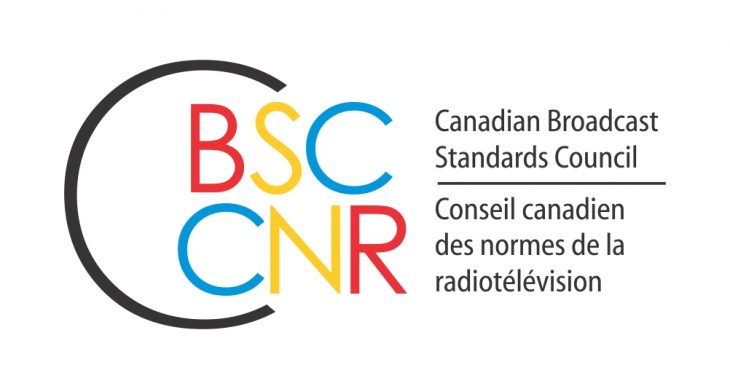
OTTAWA — A CTV National News report from last September about United States border patrols that was the subject of a viewer complaint did not breach any broadcast codes, according to a decision released today by the Canadian Broadcast Standards Council (CBSC).
Specifically, the CBSC found the report and its introduction by anchor Lisa LaFlamme was not materially inaccurate, did not demonstrate bias and did not sensationalize the story, and therefore was not in violation of either the Canadian Association of Broadcasters’ (CAB) Code of Ethics or the Radio Television Digital News Association of Canada’s (RTDNA) Code of Journalistic Ethics, according to the CBSC’s decision.
The report aired on Sept. 22, 2021 and was about the actions of U.S. border patrol officers toward Haitian migrants at the U.S.-Mexico border.
In her introduction to the report, LaFlamme said: “Tonight, horrifying new video shows border agents on horseback charging at the migrants using reins as whips.”
The rest of the report by CTV’s Tom Walters explained “US officials had spoken out against inappropriate and inhumane treatment of Haitian migrants by US border agents after the release of images showing agents on horseback charging at migrants,” explains a CBSC press release.
The video footage in the report was supplemented with two still photographs, one showing a border officer on horseback holding a rein up in front of a group of migrants and another showing a group of border officers on horseback in motion towards migrants standing in water, according to information in the CBSC’s decision.
“A viewer complained that the introduction was inaccurate because there was no confirmation that the border agents had used their reins as whips against the people on the ground. CTV pointed out that there was photographic evidence of the agents lashing out with whips and that the incident was now the subject of a US Department of Justice investigation,” reads CBSC’s press release.
The CBSC’s English-language panel examined the complaint under the RTDNA’s Code of Journalistic Ethics and the news clause of the CAB’s Code of Ethics.
“The Panel concluded that CTV did not violate either of those codes in the presentation of this report because ‘There is nothing either in the wording or the visual elements of the report that says or intimates that the US horseback border patrol used their reins to whip the migrants trying to enter the country,’” says the release.
“One Panel member did, however, consider that the introduction sensationalized the issue because the phrase ‘using reins as whips’ might have ‘led viewers to infer that the reins were indeed used as whips against the migrants, when that fact was actually in dispute in the story,’” the release says.
Sensationalized reporting is contrary to Article 5.4 of the RTDNA Code of Journalistic Ethics.
Despite the dissenting opinion of the panel member, the majority of the panel concluded the CTV report did not sensationalize the story.
For more, please click here.


